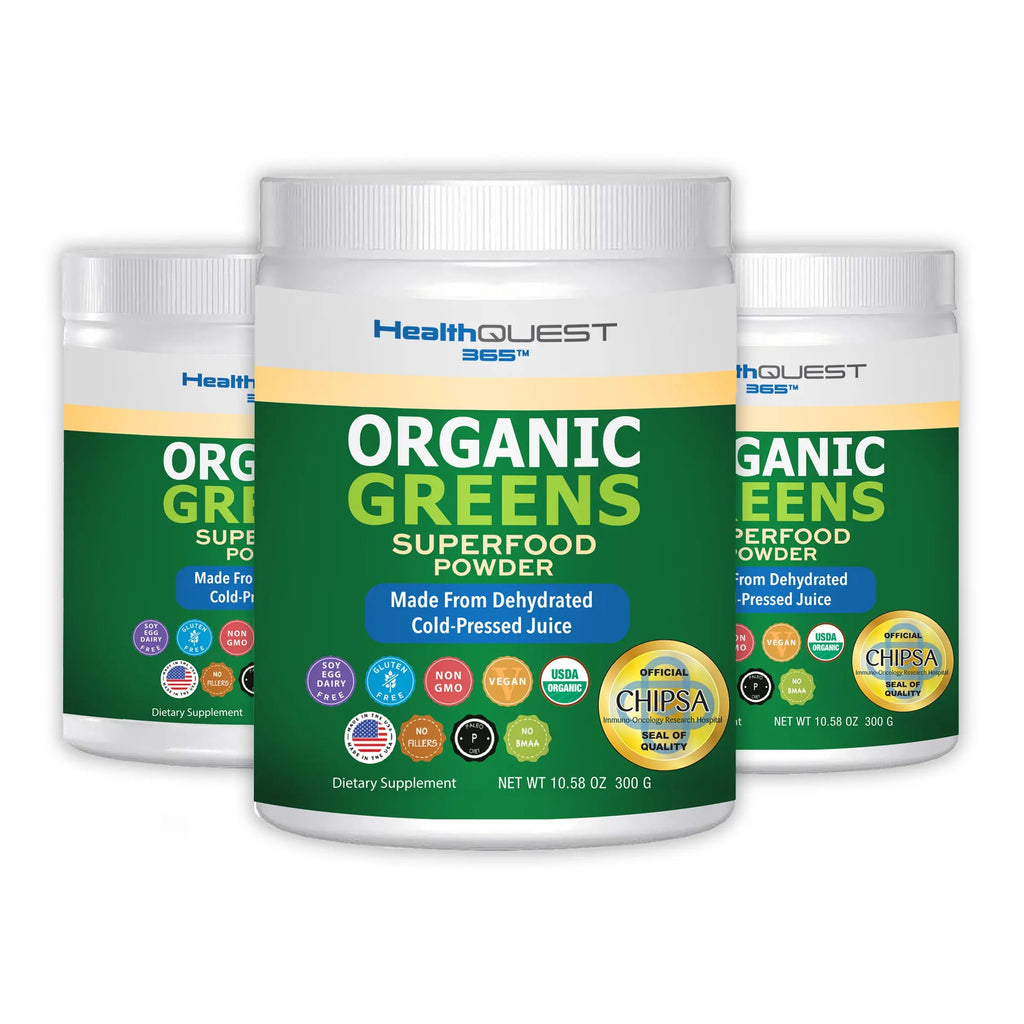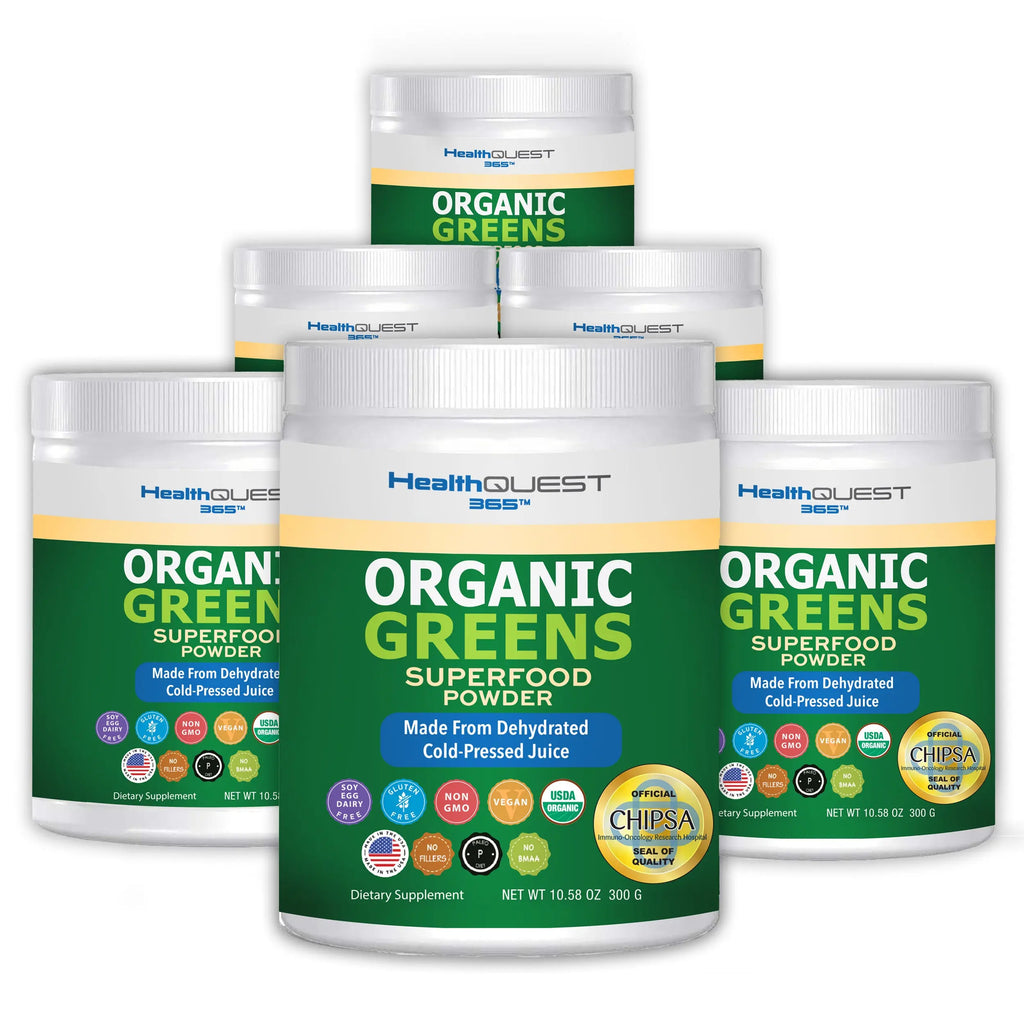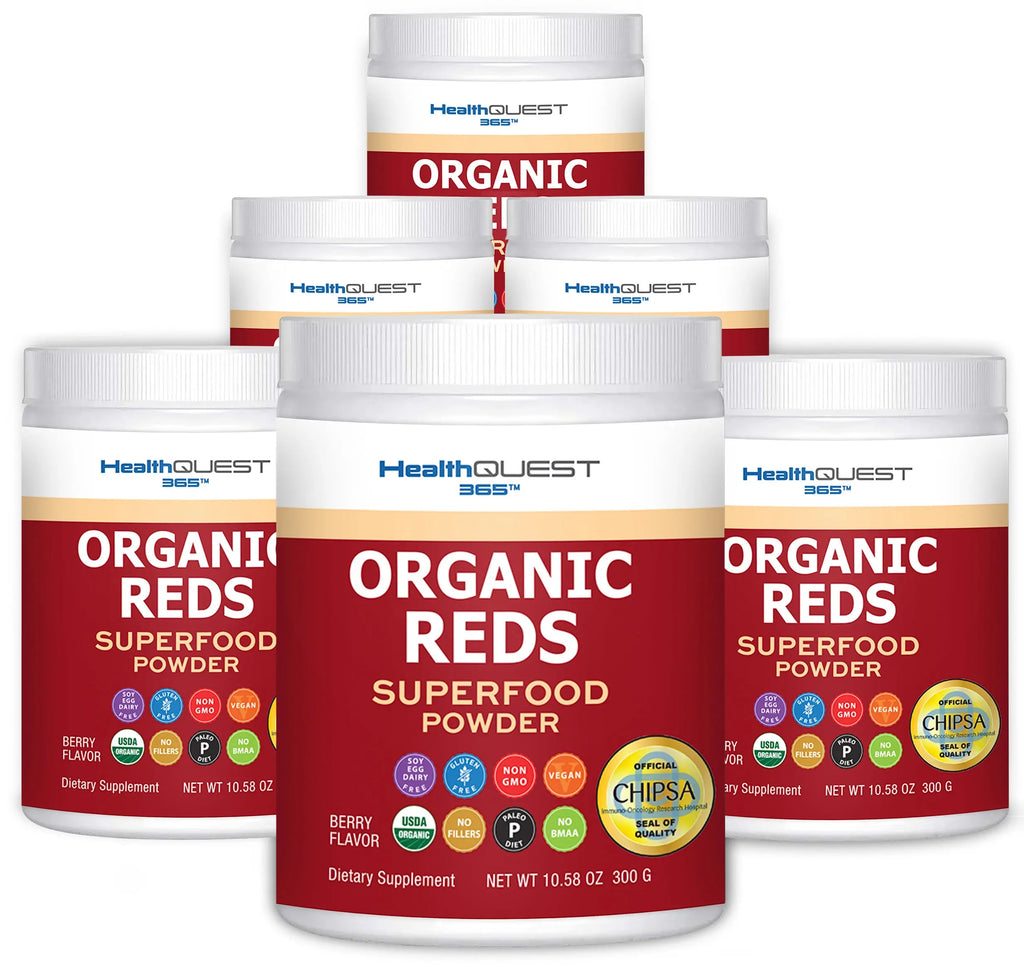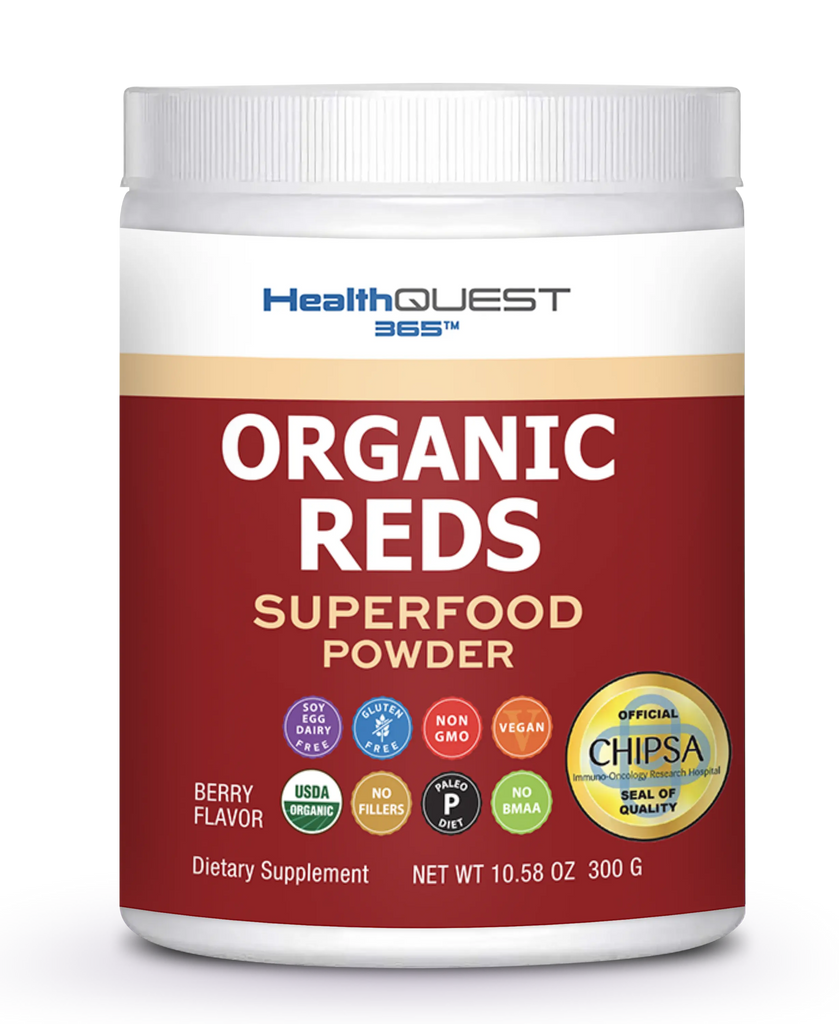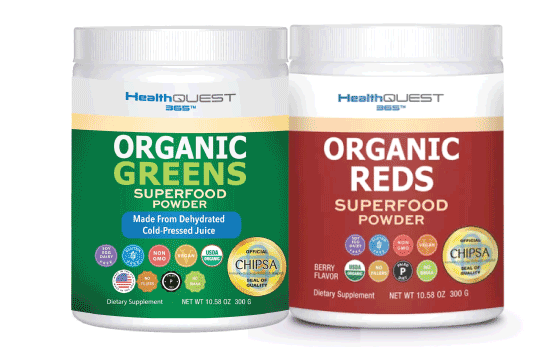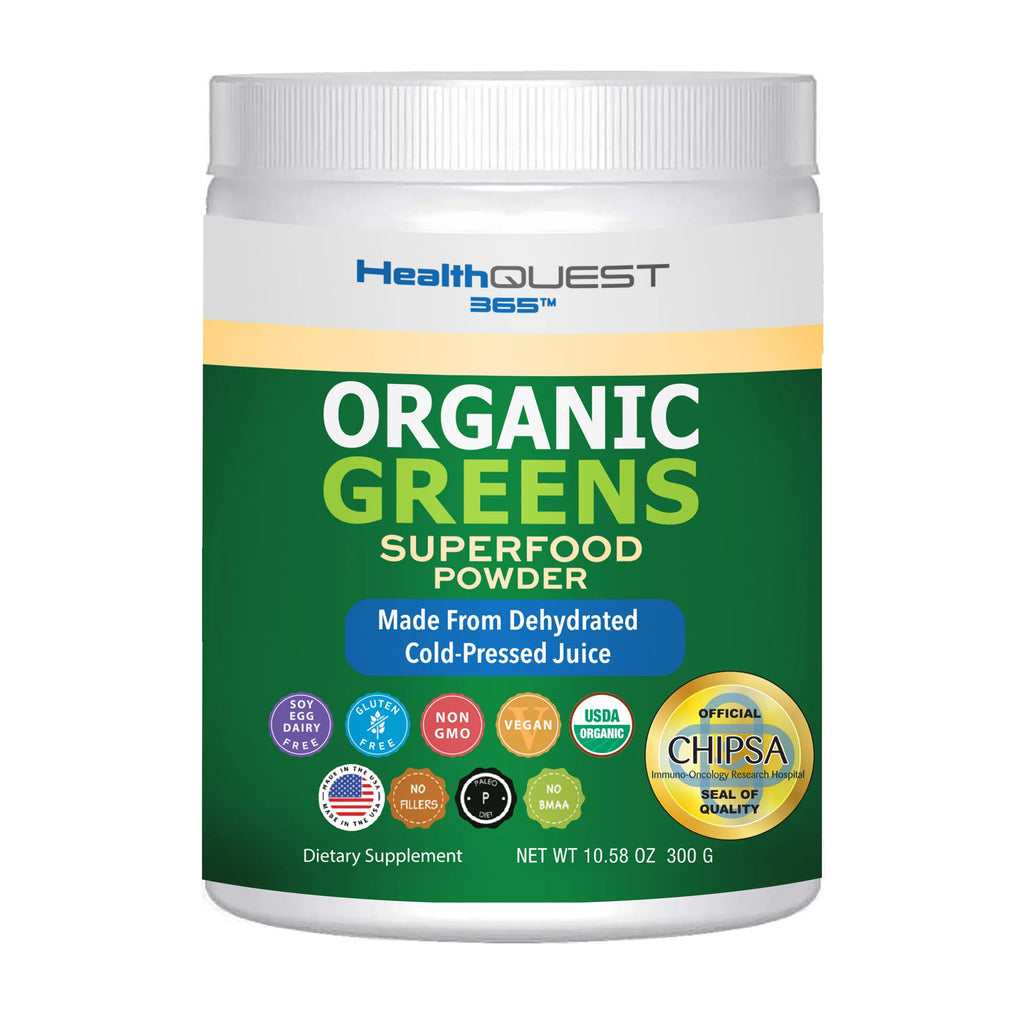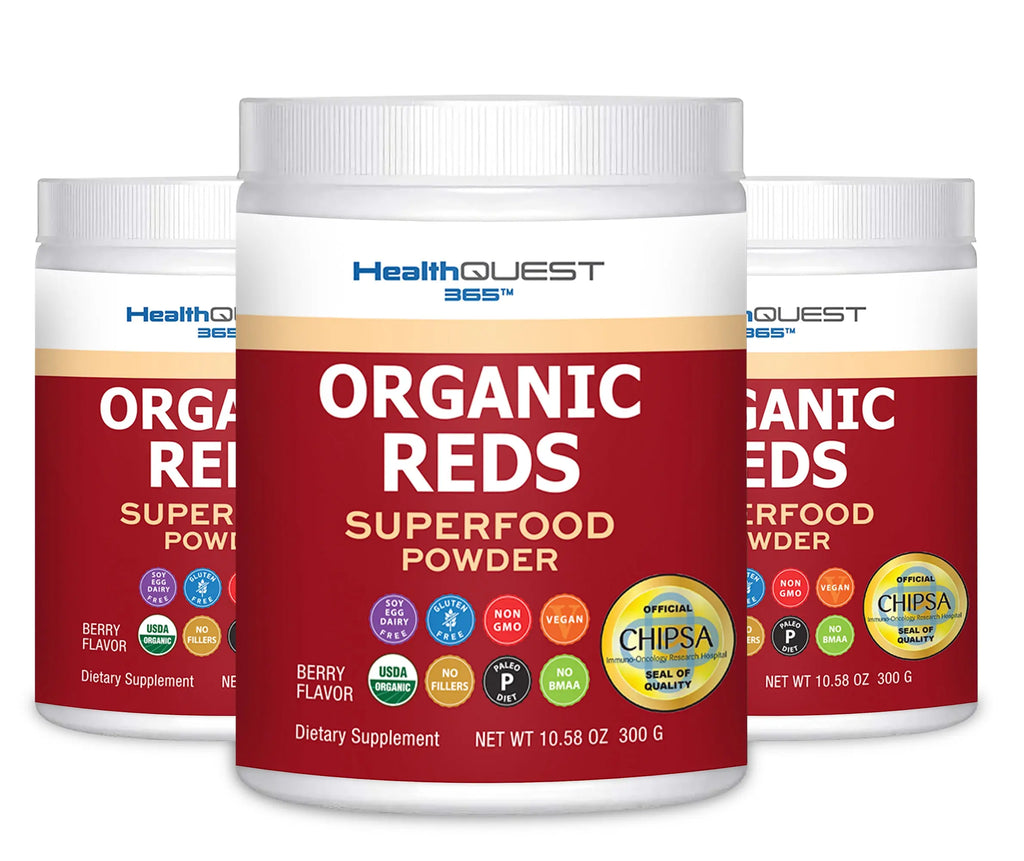It’s about health. It’s about healthy lifestyle. It’s about family™

Cell Therapy Products
In recent years, stem cell therapy has become a promising avenue for treating medical conditions. This wide range includes various types of cancer, immune disorders, and degenerative diseases.

Cellular therapy products consist of the following:
-
Cellular immuno-therapies
-
Cancer vaccines
-
Autologous and allogeneic cells used for therapeutic purposes
The stem cell products approved in the U.S. are those that come from cord blood and contain blood-forming stem cells. These are called hematopoietic progenitor cells.
These products are only approved for patients with conditions that impact the body's blood production.
HEMATOPOIETIC STEM CELLS (HSCS)
HSCs are a type of stem cell that can give rise to all blood cell types. They have been used in numerous clinical trials for hematological malignancies such as:
-
Refractory mantle cell lymphoma
-
Refractory large b cell lymphoma

Give You ALL Our Best Workbooks
Get all the Best Workbooks + Action Guides from our expert
STEM CELL TREATMENT FOR HEMATOPOIETIC SYSTEM DISORDERS
Various blood disorders can be treated with bone marrow transplantation. It involves replacing bone marrow with healthy donor cells.
Cord blood, which is rich in blood-forming stem cells, has also been used as a source of HSCs for transplants. Cord blood banks include the Colorado Cord Blood Bank and the New York Blood Center. They collect and store umbilical cord blood for future use in stem cell products.
Before stem cell therapy, an appropriate preparative regimen may be necessary.

For example, you may need myeloablative treatment to destroy existing bone marrow cells. This is important to ensure the success of reconstitution.
CAR T CELL THERAPY TO TREAT PATIENTS
The use of CAR T cells, which uses modified T cells to target cancer cells, shows promise. This potential new strategy has been successful in treating relapsed or refractory large B cell lymphoma. This condition is a type of non-Hodgkin's lymphoma.
In recent years, CAR T cell therapy has gained traction in the medical community. Companies like Kite Pharma and Bristol Myers Squibb are developing products for large B-cell lymphoma. In one study, nearly 70% of adult patients who received CAR T therapy saw a full response.

FREE "Mystery Gift"?
Let me stay in touch with you via email and as a thank you - get this FREE gift.. Something others paid over $1,000 for.
(True story)

REGENERATIVE MEDICINE AND STEM CELL RESEARCH
Regenerative medicine seeks to restore or replace damaged tissue and organs, and stem cells are vital in this.
Researchers are exploring the potential of stem cell therapies for:
-
Repairing cartilage defects
-
Treating severe nasolabial fold wrinkles
An allogeneic cellularized scaffold product combines stem cells with a supportive matrix. It is being developed as a potential treatment option for such conditions.
STEM CELL CLINICS AND REGULATION
The FDA regulates stem cell and gene therapy products. Stem cell treatments have been explored for many conditions, from spinal muscular atrophy to prostate cancer. Clinical trials have to prove safety and efficacy before these products can be approved in the U.S.
Along with cell therapy products, gene therapy products are in the works. They have shown promise in clinical trials for various medical conditions.
The FDA tests and evaluates products to ensure safety. This process is how it is with gene therapy products. But some stem cell products that are not FDA-approved are being used by some clinics. Sadly, those may not be supported by sound scientific evidence. Unproven stem cell treatments may pose risks to patients.
TO WRAP UP
Cell therapy products hold great promise for treating many health conditions. But rigorous testing is crucial to ensure safety and efficacy.
Health experts must stay up-to-date on stem cell biology and therapy. They must work closely with other agencies to ensure patients get the best care.
BE AT YOUR BEST WITH ORGANIC GREENS 365 SUPERFOOD POWDER
Do you want to boost your health and wellness? Give Organic Greens 365 Superfood Powder a try! Easy to mix into your diet, this product is filled with vital nutrients. They can help keep your cells healthy and promote overall well-being.
In regenerative medicine, stem cells are vital. So, use stem cell therapy with good nutrition and a balanced diet. This will ensure you get the nutrients you need to be at your best.
Why not invest in your future well-being? Try Organic Greens 365 and take the first step toward a healthier you.
FREQUENTLY ASKED QUESTIONS
Yes, incorporating certain nutrients into your diet can help manage stress.
Limiting consumption of sugar, refined carbohydrates, caffeine, alcohol, high-sodium, and processed foods can help manage stress.
Yes, mindful eating practices, including understanding your hunger cues and savoring each bite, can help reduce stress levels.
Absolutely, physical exercise is a proven stress reducer and, combined with good nutrition, can greatly aid in managing stress.
Yes, consulting with a registered dietitian or nutritionist could provide personalized guidance to manage stress through nutrition.

